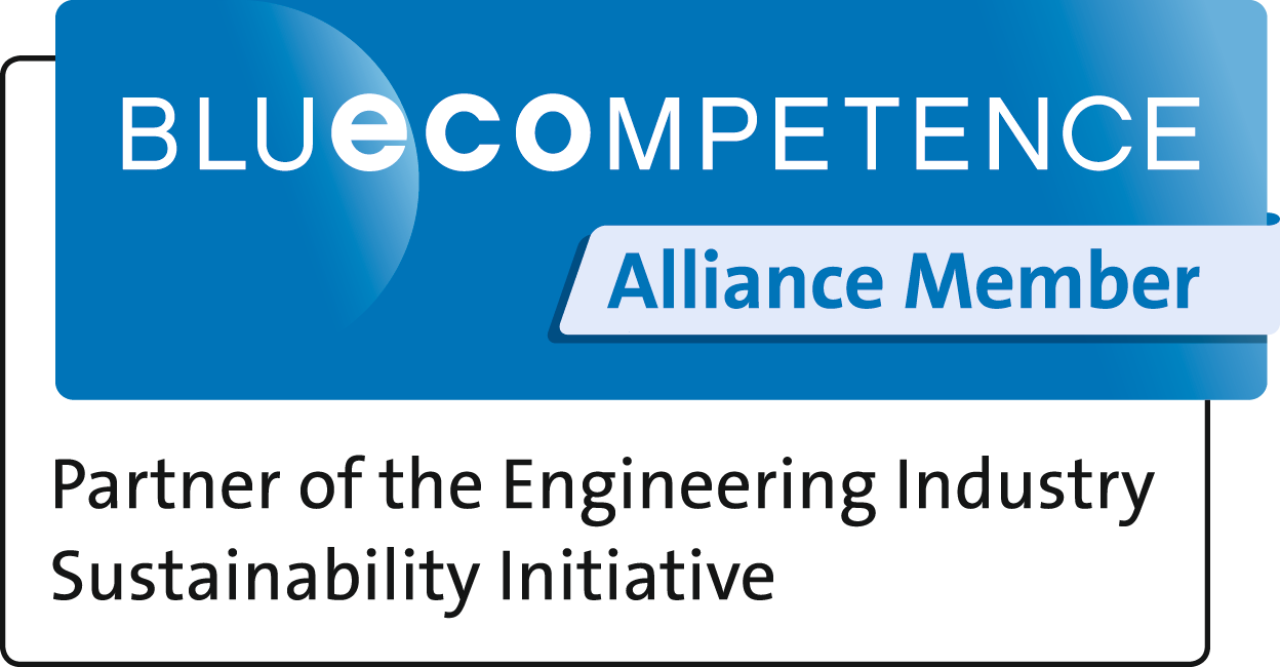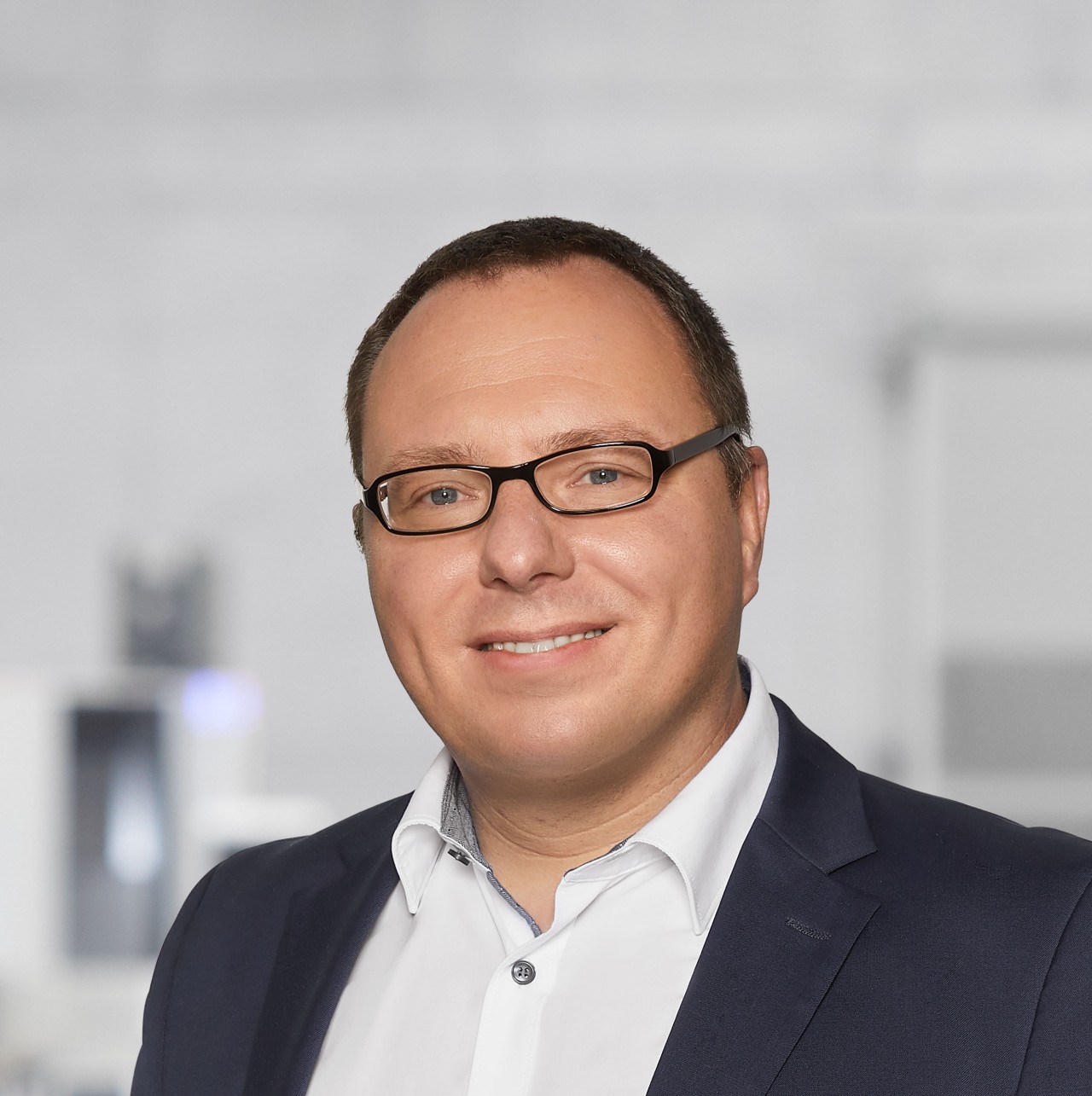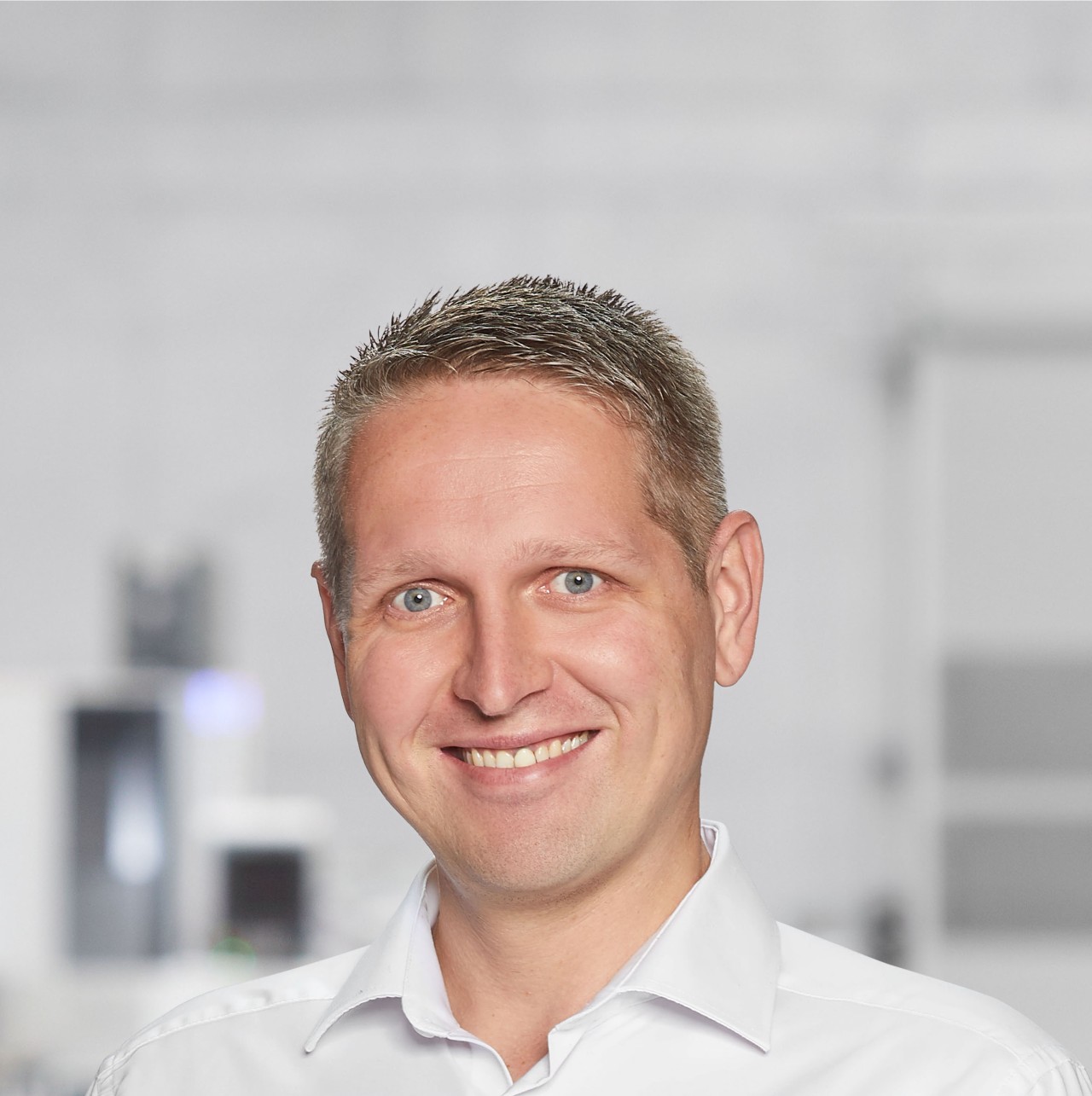Dr. König, you
– alongside Nicolas Zarak, the Head of Quality Management – have the very
important task of making the CHIRON Group sustainable. On your colleague's
LinkedIn profile, he quotes the Chinese proverb: »The best time to plant a tree
was 20 years ago. The second-best time is now.« So, this begs the question: How
would you rate the commitment to sustainability shown by CHIRON and the CHIRON
Group before now?
Well, this year we’re celebrating 100 years of CHIRON. That
in itself is proof that our actions have been future-oriented for far longer
than just the last 20 years. If you look at it that way, then we've always been
»sustainable«. And that is something we drive forward in the CHIRON Group too.
Now and in the future, we are committed to organizing our economic and social interests
in such a way that the third bottom line, the environment, is given equal
status in our corporate strategy. We are conscious of our responsibility, which
is why we as a company are taking great strides in numerous projects to reduce
our carbon footprint.
On the subject
of responsibility: Recognizing responsibility is one thing, documenting it is
quite another. How does the CHIRON Group substantiate its commitment in matters
of the environment?
Our
Neuhausen and Tuttlingen sites in Germany are re-certified on an annual basis,
in line with the DIN EN ISO 14001:2015 standard for environmental management
and the DIN ISO 50001:2018 standard for energy management. For 2022, we are
planning to self-certify our products in terms of their carbon footprint, in
accordance with the specifications of the DIN EN ISO 14064 standard for
greenhouse gas reporting. This shows us where we are at and where action is
still needed. We have also partnered with the Blue Competence sustainability
initiative from the VDMA. This commits us to 12 guiding sustainability
principles for mechanical and plant engineering, which sum up our commitment to
the environment in a nutshell: To shape the world of tomorrow through
technology, to achieve more from fewer resources, to take responsibility, to
set an example.
Blue Competence places innovation and
technology at the forefront of sustainable solutions in mechanical and plant
engineering. By displaying the Blue Competence logo, the partner companies
publicly pledge their commitment to the twelve sustainability principles of
mechanical and plant engineering, which are based on the applicable Sustainable
Development Goals of the United Nations.
The partners all share the same
values, and their corporate activity is shaped by their responsible approach to
natural resources and their social responsibility. These values are expressed
through sustainable products, and production and management processes.
To find out more, see the overview here or visit www.vdma.org/bluecompetence
Producing
machining centers is an energy-intensive business; the majority of energy used
in the CHIRON Group Precision Factory is electricity. Where do you source your
electricity from and what action are you taking to become carbon-neutral?
That's right, 75 percent to be precise. But without the
special construction techniques, it would be more: Thanks to concrete core
activation, we are able to keep the temperature inside the building within a
narrow tolerance to create the conditions needed for precision assembly using
very little energy. We also use the waste heat from the machinery and operate ventilation systems using thermal recovery. In
fact, in the Precision Factory we will have reduced our emissions to zero as
early as next year, which will make it carbon neutral. We currently only buy
green electricity, and from mid-2022, 30 percent of our electricity demand will
be covered by energy generated from a solar power plant just up on the roof.
Making the heat energy at Tuttlingen and Neuhausen more environmentally
friendly is another matter, however. Proposals for this are underway at the
moment.
»We are working really hard to keep bettering ourselves. As an independent company, we have the creative freedom we need to do that, we can make long-term plans, we can develop a clear strategy and follow it steadfastly.«
Dr. Jens König
Head of Mechatronics
Carbon-neutrality
sounds all well and good, but it doesn't actually reduce consumption. How are
you going to achieve savings in that regard?
We have in fact already made savings by concentrating
production at the CHIRON Group Precision Factory and administration at the
Tuttlingen site. This has reduced the need for transportation and storage and
enables us to react faster – lowering costs, and energy consumption. But of
course, we still need to go further to create significant savings outside of
the Precision Factory. That's why we launched the »Sustainability at CHIRON
Group« program. Through this initiative, we set out to answer the following
questions: Where are we at currently? Where is there the greatest need for
action? Where is there potential? As our first step, we teamed up with Bosch
Climate Solutions in the first quarter of 2021 to devise a climate strategy for
the CHIRON Group. Next, it was a matter of harnessing the potential this had
highlighted and to turn the findings into real action.
You're
certainly asking all the right questions, the important questions – so, what
are the answers?
As for where we are at, I think we can safely say we are already in a very good
position. For example, numerous studies have demonstrated that the energy
consumption of machining centers is at its highest during its useful life.
That's why all our machining centers and manufacturing solutions feature
cutting-edge technology and are designed so that our customers can manufacture
efficiently with excellent results on a long-term basis. We get positive
feedback about this from our customers; for them, our machining centers clearly
represent an investment in sustainability. And to answer the other questions:
We are continuously analyzing the measures we've already implemented, we are
surveying consumption rates and identifying the areas where more still needs to
be done. This transparency is essential for us to be able to prioritize, to set
clear goals and to achieve these in the planned time frame.
The CHIRON
Group is both a customer and a supplier. Which role do you take when it comes
to increasing sustainability?
We
keep in constant contact with our customers, many of whom themselves supply to
OEMs, whose sustainability targets they have to fulfill and this includes
ensuring their partners do the same – as do we with our partners. In light of
this, we see ourselves as a multiplier. We learn from one another, and as a
link in the supply chain we also take part in training at the OEM and pass this
knowledge on. Above all, we keep a dialog going with our major suppliers, to
ensure specifications or guidelines are being applied here too and are
implemented as necessary.
»It is a matter of reducing our ecological footprint in all areas – in our products, in the company and in the value chain upstream and downstream.«
Nicolas Zarak
Head of Quality Management
You have talked
about the sustainability of the products themselves. But »Sustainability at
CHIRON Group« also incorporates the production in the Taicang Innovation
Factory and the branches around the world. What is the situation there?
Of course, the whole production process and all our
branches are included in the program. We start by evaluating the findings here,
refine them, introduce additional measures and gradually roll these out
worldwide. The Taicang Innovation Factory complies with the latest
international standards, including environmental standards. All over the world,
there are already lots of measures that have a positive impact on our
sustainability credentials. Window renovations, heating controls, even
seemingly trivial things like ventilating a room thoroughly for a short time
rather than keeping the windows ajar for hours on end. We were recently able to
make our refueling climate-neutral using one of our fuel cards. This was a
small project, but one which we were able to decide upon and initiate all in
the space of a day thanks to immediate and uncomplicated coordination with the
management team. Initiatives like Happy Gardening at CHIRON China
are also »sustainable«, they reduce the environmental footprint and also give
employees a sense of responsibility for the climate and the environment.
So,
the approach the CHIRON Group is taking is a long-term commitment?
Of
course, in everything we do, we're in it for the long term. It is a process of
change. Analysis, strategy, implementation. It may not sound particularly
exciting, but it's the right way for us. Every day, we hear that the contents within
the green packaging is not necessarily all that green. That's why our commitment to sustainability
follows the same tried-and-tested principle embodied by CHIRON and the CHIRON
Group: First, we apply our expertise, produce conclusive findings, then we
discuss them. For instance, in our first sustainability report, which is
scheduled for 2022.
To find out more about the sustainability of products and
services from the CHIRON Group, take a look in speedfactor 01/2021.
»Sustainability is one of the most important topics of our era. It is often claimed that sustained economic growth and environmental sustainability are incompatible. At first glance, that may seem plausible, because until now growth has often gone hand-in-hand with environmental degradation. But, in actual fact, economic growth and sustainability needn't be mutually exclusive; rather they are two sides of the same coin. Economic growth is ultimately driven not by the consumption of natural resources, but by technical and scientific progress. Thankfully, human creativity is not a finite resource. Innovations enable us to grow in prosperity while also reducing the demands we place on natural resources. But, that doesn't just happen all by itself.«
Clemens Fuest
President of the ifo Institute (Leibniz Institute for Economic Research at the University of Munich)


